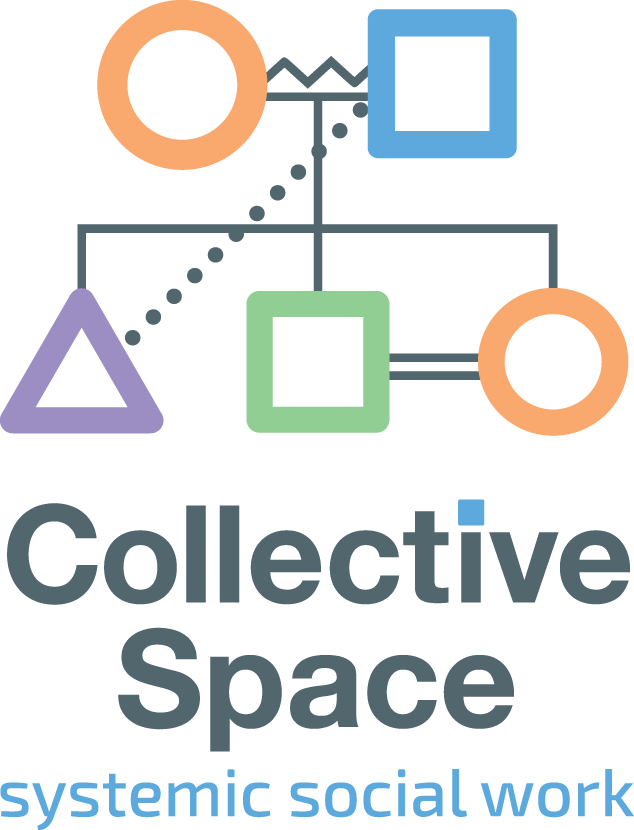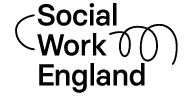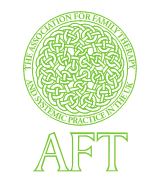Meeting professional standards
HCPC
Our training programmes are developed to support social workers to meet and surpass the standards of proficiency provided by the HCPC. We recognise both the spirit and the letter of the standards and recognise the role of the HCPC as the professional body tasked with ensuring good practice in social work.
As a social work training organisation, we would enlist the support and guidance of HCPC if we encountered practice that fell below the national standards and was a cause for concern.
A full list of the standards of proficiency can be found here:
https://www.hcpc-uk.org/standards/standards-of-proficiency/social-workers-in-england/
Knowledge and Skills Accreditation
Liz Bosanquet was part of the group taking the professional lead in the development of the DfE’s Knowledge and Skills Statements, for social workers, practice supervisors and practice leaders; and the professional lead for the proof of concept phase of the accreditation framework.
At Collective Space we have a deep understanding of the Knowledge of Skills accreditation programme and this is reflected in the learning outcomes of our programmes. Though this is not a key outcome or objective of the training, how the training develops practitioners in line with the Knowledge and Skills statement is mapped out below.
Knowledge and skills statement for approved child and family practitioners
1 Relationships and effective direct work
The foundation year equips practitioners to understand the role of the relationship as being critical in driving effective change within families. Practitioners will explore their use of self within the developing and maintaining the ‘helping relationship’ and in particular consider working with families who are compelled to work within the statutory system, and reluctance or resistance is a feature of the work.
2 Communication
Practitioners on the foundation year will benefit from teaching in communication theories such as Co-ordinated Management of Meaning (CMM) to help them consider how to best understand children and families and to talk so that there is shared meaning and understanding. Practitioners will particularly develop excellent skills in the use of questions both as a mechanism for assessment but also for contributing to therapeutic change.
3 Child development
Throughout the training practitioners will consider the wider contexts and systems (including familial, societal, cultural and belief) in which the child and family are embedded and how this influences the child’s experience of the world. Skills will focus on how to elicit and contextualise this understanding of the child’s world.
4 Adult mental ill health, substance misuse, domestic abuse, physical ill health and disability
Trainers will use their experiences of case work from social care which will reflect the range of issues and difficulties that families face and in which social work is involved. Practitioners are asked to bring in live (anonymised) case examples in which the group can understand the use of systemic social work and practise their systemic skills. Issues of difference and diversity are core throughout the training and particularly considered through teaching of the GGRRAAACCEESSS.
5 Abuse and neglect of children
Practitioners will understand through systemic ideas such as the Domains Model how to practise so that child protection is privileged whilst being able to reflect upon the helping relationship and consider interventions for good long term outcomes.
6 Child and family assessment
The course fosters professional and focussed curiosity, in order to generate hypotheses which seek to recognise and make sense of risk or harm within a family. The course will equip practitioners with enhanced skills in using genograms, family mapping and exploration of family patterns to enhance their understanding of family need.
7 Analysis, decision-making, planning and review
The course considers how to adopt a position of safe uncertainty, by understanding how processes such as reflexivity, individual and group supervision contribute to clearer, more robust and more ethical decision making.
8 The law and the family and youth justice systems
The course enables practitioners to consider their use of statutory powers and how these can be more or less useful in contributing to family change within differing contexts.
9 The role of supervision
Participants will understand how reflexive processes and the ability to adopt different positions enables them to consider case work more deeply. Processes of self reflexivity are encouraged as mechanisms through which practitioners are able to consider their biases and reflect upon the emotional nature of case work, exploring how this influences them.
10 Organisational context
Practitioners will consider how to work systemically with wider professional systems and partner agencies. They will explore what blocks and promotes inter professional practice which is experienced by the child and family as collaborative and coherent. Practitioners will learn how to position themselves to respecting and being influenced by the expertise of others whilst being able to maintain their own professional expertise.



